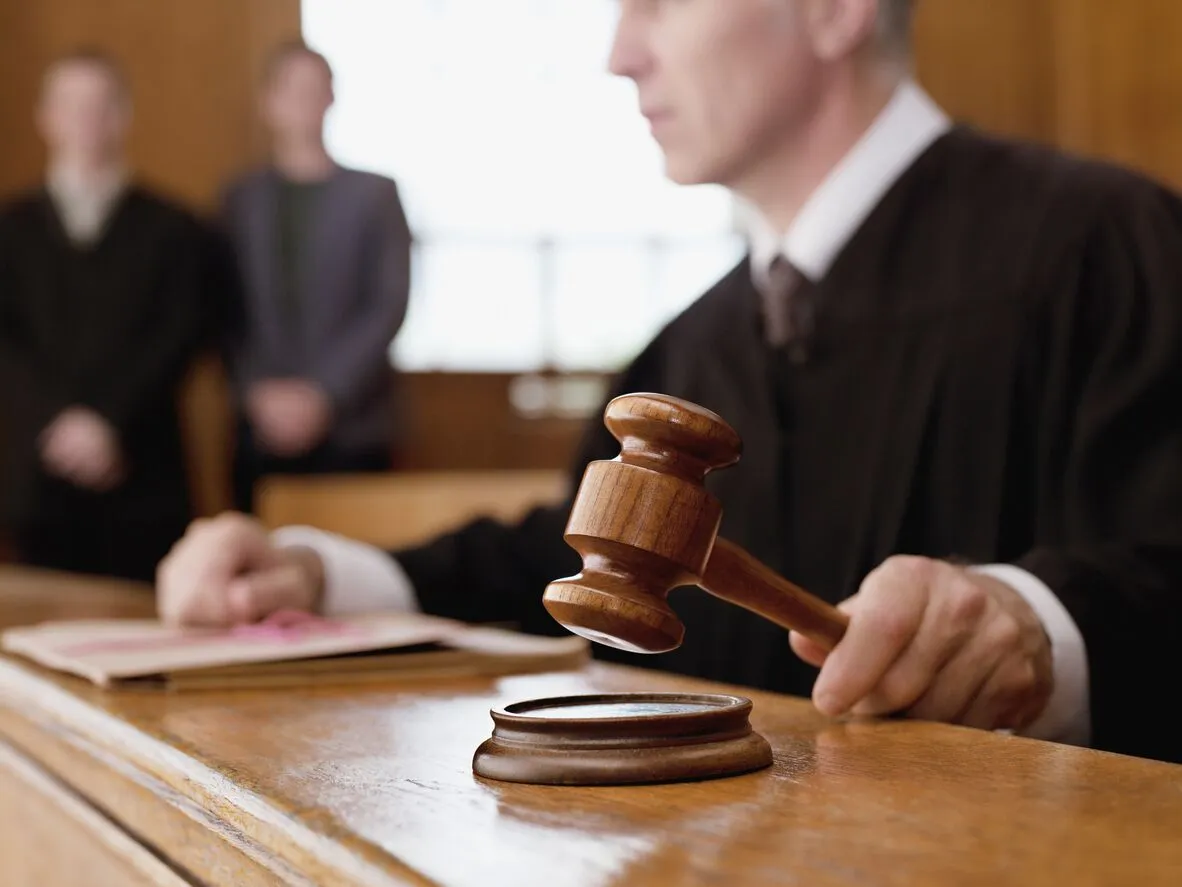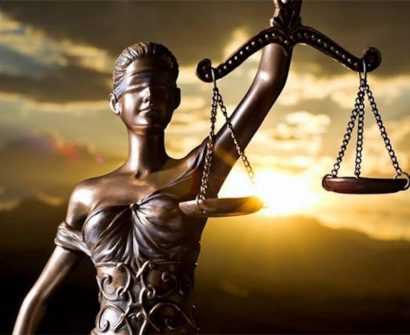
Over time, significant advancements in Indian jurisprudence have been made by the court or the legislative. It would never be enough to list all of the enormous expansion and development our legal system has seen throughout the years.
The historic decision in rupa ashok hurra vs ashok hurra and Another appears to have altered the way our legal system functions and confirmed that the Indian judiciary will stop at nothing to get justice.
rupa ashok hurra vs ashok hurra Case Facts
- The case’s facts center on marital conflict between a husband and wife who have been apart for a while. Due to the woman’s withdrawal of her consent, which had been granted through divorce with mutual consent, the case made it all the way to the Supreme Court.
- The parties disagreed on whether the divorce decree was legal.
- A significant legal question in this case concerned whether an aggrieved party might obtain remedy under article 32 of the indian constitution or otherwise from a final judgment or order of the Supreme Court following the dismissal of the review petition.
rupa ashok hurra vs ashok hurra Issues
- The Constitutional Bench’s sole concern was whether the wife, as the aggrieved party, could seek any remedy against the Supreme Court’s final order or judgment even after the article 32 of the indian constitution was used to dismiss the review petition under Article 137 of the Indian constitution.
Contentions by the Parties
Petitioner:
- In representing the petitioner, the wife, learned senior counsel Mr. Shanti Bhusan argued and submitted that the supreme court’s finality principle should be dropped.
- This means that the council insisted that the finality of the decision made by the apex court should be removed in cases where the orders were passed without jurisdiction or in violation of fundamental rights and natural justice principles. It also holds true in situations where egregious injustice has taken place.
Respondent:
- However, in this case, the learned attorney general, who was serving as the amicus curie, took a novel way to defining the right of the aggrieved party to receive an opportunity even after the article 135 procedure had run its course.
- When there is a flagrant abuse of the legal system or a miscarriage of justice, they ought to be granted access to remedies, guaranteeing that the aggrieved party has nowhere else to turn for justice. In spite of attending as an amicus curiae, the attorney general for the court believed that the injured party should be given justice in this particular case.
rupa ashok hurra vs ashok hurra Judgment
A historic ruling that launched a new chapter in this nation’s justice delivery system was delivered by a bench that included Chief Justice of India Justice S.P. Bharucha and his friend justices, Justices S.M. Qadri, U.C. Banerjee, Justice S.N. Variava, and Justice S.V. Patil.
- The concepts of Habeas Corpus, Quo Warranto, Mandamus, Prohibition, and Certiorari evoke the writ jurisdiction, as does Article 32. In terms of writ jurisdiction, it is effectively established in a manner akin to the Indian High Courts, which are housed under the English court of Kings Bench. It is a well-established principle that our constitutional design does not take into account specifics pertaining to the English law right of writs.
- Nevertheless, it is crucial to remember that a superior court grants a writ of certiorari to get records and examine something very similar in order to approve a legitimate request, ensuring the record for evaluation.
- After carefully examining the established foundation and the concept of writ jurisdiction, which is superior to inferior courts and councils, the court concluded that co-ordinate courts and predominant courts in particular cannot be granted a writ of certiorari.
- Nevertheless, under Articles 132[3], 133[4], and 134[5] of the Constitution, as well as Article 136[6] of the Constitution, the Supreme Court may modify the jurisdiction and orders of a High Court. In our constitutional design, the High Courts are not meant to be inferior courts.
- As a result, a High Court would not be granted a warrant under Article 32 by the Supreme Court. Furthermore, under Article 32, neither a larger nor a smaller Supreme Court bench may grant a writ to another Supreme Court bench. It is also possible to observe that, as per Article 12[7] of the Constitution, the common courts of justice do not come under the purview of “state” or “different specialists.”
With the goal of giving students the best coaching available for law entrance exams including the CLAT, AILET, and various other numerous state judiciary exams, Jyoti Judiciary Coaching, India’s Finest educational Platform, was established. Come enrol now with Jyoti Judiciary!
For any latest news, legal topics, judiciary exams notifications, patterns, etc watch Jyoti Judiciary’s YouTube channel for legal videos for any updates at https://youtube.com/@jyotijudiciarycoaching4852?si=2cwubh9d2A9urwJf








